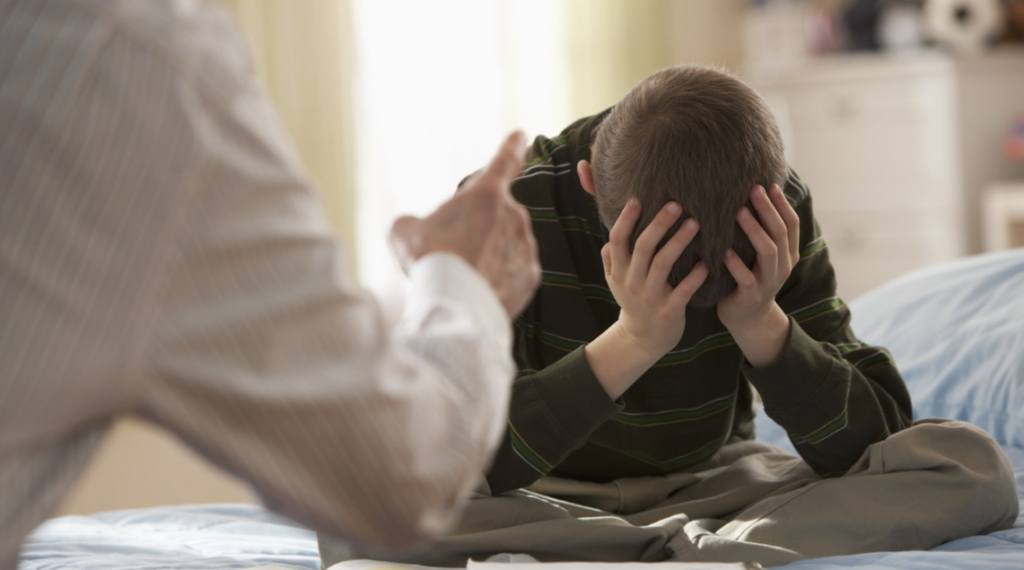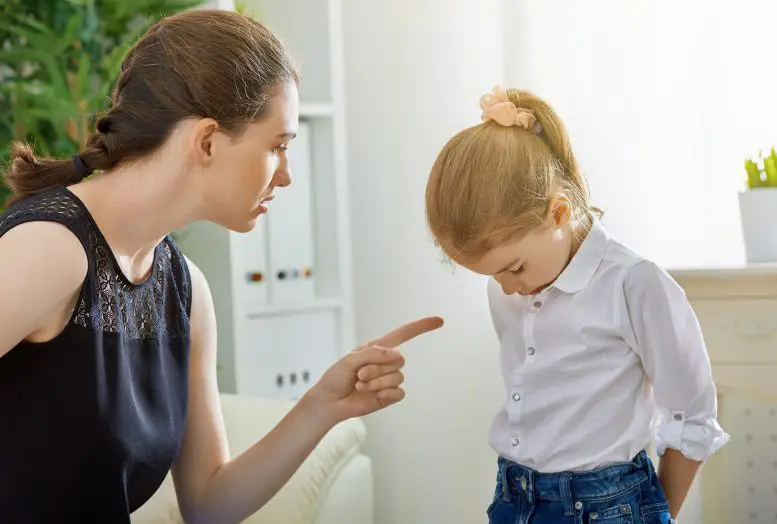In order to ensure focused prevention and address the potential long-term harm it can cause, children verbal abuse by adults must be recognised as a separate subtype of child maltreatment, according to a recent systematic analysis by researchers at UCL (University College London) and Wingate University.
Children and health issues
The four categories of child maltreatment presently recognised are physical abuse, sexual abuse, emotional abuse, and neglect. The development of therapies and the observation of the affected populations are guided by these classifications.
The research, which was commissioned by the charity Words Matter and published in Child Abuse & Neglect: The International Journal, looks at a total of 149 quantitative and 17 qualitative studies to determine how child verbal abuse is currently defined and quantified.Researchers discovered that there has to be a more uniform definition of child verbal abuse since there are now differences in how parents and other authorities define it and because it is accepted in some cultures as a form of punishment.
Nature and Impact of Verbal Abuse

Children
Childhood verbal abuse typically entails actions that are harmful to a child’s wellbeing, like insulting, yelling, and threatening language.It was shown that these behaviours could have a long-lasting effect on the child’s development, resulting in underlying emotional and psychological effects, such as elevated risks of rage, sadness, substance misuse, self-harm, and obesity.
The team did observe that there was a notable gap in the literature regarding the recognition of adult verbal abuse of children as a unique subtype of maltreatment, and that doing so would be a good place to start for its detection and prevention.
Professor Peter Fonagy, a co-author from the University College London’s Department of Psychology and Language Sciences, said: “This systematic study is relevant and has great clinical utility. The most efficient strategy to lower the incidence of child mental health issues is to prevent child maltreatment. The new charity Words Matter will put a strong emphasis on preventing childhood verbal abuse, and this review will support and guide our efforts to detect and address this risk in an efficient and timely manner.
Global Data and the Need for Clear Definitions

Children
According to data from the World Health Organisation (WHO), emotional abuse of children is now more common than physical or sexual abuse.
Researchers discovered that the phrase “emotional abuse” was unclear and victim-centered.
While the term “childhood verbal abuse” focuses on the adult’s behaviour, if it were to be given its own category, this onus may serve as the basis for prevention.
The studies employed a variety of terminologies to describe “verbal abuse,” including “verbal aggression,” “verbal hostility,” and “verbal abuse”; this emphasises the need for standardised vocabulary in this field.
Perpetrators and Characteristics

Children
According to the review, parents (76.5%), other adult household carers (2.4%), and teachers (12.71%) were the main adults who abused children verbally. Coaches (0.6%) and police (0.6%) were other adults that were noted.
Screaming and shouting were the verbal abuse behaviours that were most frequently recorded. The study stresses that when defining childhood verbal abuse, the goal, manner, and immediate effects on children should also be taken into account.
To better comprehend the repercussions of this behaviour, more study on particular age groups must be conducted.
Due to the lasting deleterious effects, childhood verbal abuse must be recognised as a subtype of abuse, according to the lead author, Wingate University professor Shanta Dube.”There has been a significant decline in physical and sexual abuse as a result of increasing awareness and interventions aimed at those who commit these crimes. We might create similar efforts to stop childhood verbal abuse and its effects if we concentrate on the “verbal abuse” perpetrators engage in rather than merely the “emotional abuse” victims experience.
Reference: “Childhood verbal abuse as a child maltreatment subtype: A systematic review of the current evidence” by Shanta R. Dube, Elizabeth T. Li, Guilherme Fiorini, Caleb Lin, Nikita Singh, Kumayl Khamisa, Jennifer McGowan and Peter Fonagy, 14 August 2023, Child Abuse & Neglect.
DOI: 10.1016/j.chiabu.2023.106394
ALSO READ : Memory Block: How Saturated Fats May Hinder Memory Formation in the Aging Brain




































